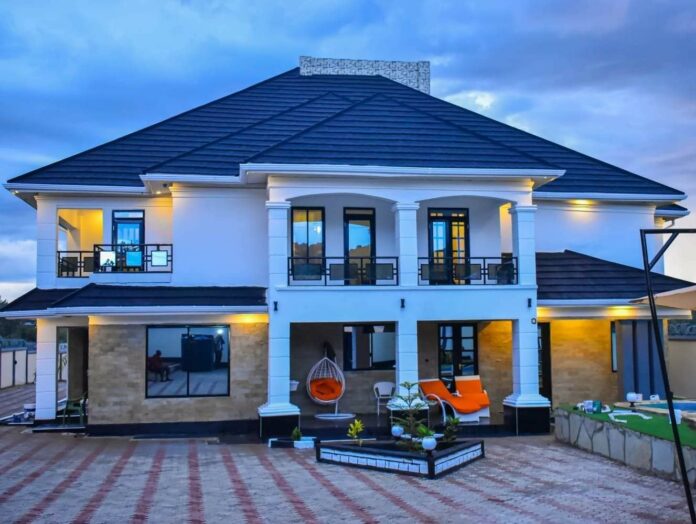On September 12th, 2023 members of the Facebook group Home Beautiful sparked a heated debate, challenging the notion of village houses being termed as ‘Dead Capital’.
Kenyans rushed to the group to showcase their beautiful village homes, with Kikuyus and Luos taking the battle to centre stage.
In essence, what is dead capital? World Bank defines dead capital as assets that are not being used productively and are therefore not generating income or contributing to economic growth.
The term ‘Dead Capital’ was first coined by Peruvian economist Hernando de Soto, meaning capital in the form of unregistered real property which is considered lost value because the landholder is unable to transfer of leverage his property for capital/capital access.
In this instance, Kenyans who have built magnificent homes in the village protested against the opinion that their homes are dead capital.
They argued that their homes had purpose and value, as they could be used as ideal family holiday locations or retirement places.
The conversation took a tribal turn, with Luos claiming that it was Kikuyus who built houses to be termed as Dead Capital.
Both tribes took to the group to unleash their beautifully made village mansions. However, one Kikuyu man admitted that the Luos had won the debate by a large margin.
“Buana! Our brothers and sisters from the lakeside are showing the mountaineers dust! There is one lady who uploaded her home which I initially confused for a private university in Washington DC, US of A,” wrote Kinoti Mwirigi on his Facebook.
“Watu ya Mûrima, hakuna mwenye ako na picha ya nyumba ya Uhunye huko Ichaweri ashtue nayo hao Omeras?”
Another top contributor in the group Home Beautiful admitted that the Luos had won the battle in terms of their opulent mansions in the Lakeside region.
“Luos have silenced us for good…There is a lady who posted a home which looked like a private university, another guy from Migori had unleashed a palatial abode which resembled the White House. I slipped into a coma,” he sarcastically wrote.
The trend started when Kisumu dentist Ken Carson posted pictures of his mansion in Seme.
“The owners of dead capital. Representing Seme republic, Kisumu city,” he said.
Ken Carson: From renting mud house to building multi-million Kisumu mansion
Bitange Ndemo on Dead Capital
Kenya’s great economist and columnist Bitange Ndemo previously maintained that Kenya has so much dead capital, to the tune of billions of dollars. This is mainly attributed to cultural practices.
“People are taking loans to build double-storied homes in places out of this world. Reason? The society demands it. It is a home where you will be buried,” he said.
He mentioned that people were constructing in a disorganized manner to a point where they may not be able to derive any advantages from shared infrastructure such as energy, water and sanitation. These vital items reduce expenses and guarantee disease prevention.
“Africa is preoccupied with death when the living cannot feed themselves. Of what sense is it when someone puts up a Sh. 20 million home in a rural area only for the relatives to raise money to pay school fees for children after his death? These are houses that no one will buy, sell or rent because graves dot the home.”
The Kenyan diplomat advised that Kenyans need to examine their cultural practices from a perspective of future sustainability.
He echoed the words of Peruvian economist Hernando de Soto who said, “When you look at 19th century America or 18th & 16th century Europe, all of a sudden it’ll become clearer…the thing that broke the back of poverty and privilege in developed countries in the past was when property rights came around and destroyed feudal title.”








